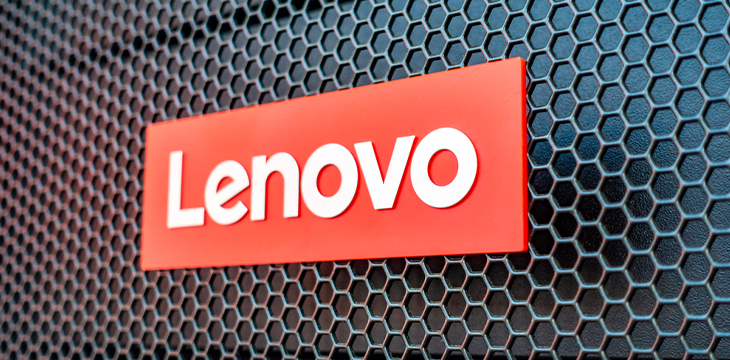
|
Getting your Trinity Audio player ready... |
Global personal computer (PC) supplier Lenovo (NASDAQ: LNVGF) has confirmed plans to integrate artificial intelligence (AI) in all future devices by 2027 as it seeks to extend its market share over the sector.
According to Lenovo’s head of Intelligence Devices Group, Luca Rossi, all its future PCs will be equipped with a measure of AI capability, reflecting the growing trend of generative AI adoption. The China-based company currently holds a global lead over the PC market, but recent financial statements have been below par, falling 20% short of estimated revenue.
Rossi downplayed the slump, noting that the renewed push into AI will inject fresh revenues for the company.
Plans for a full pivot to AI have begun in earnest, with Lenovo rolling out Copilot+ PCs designed by Microsoft (NASDAQ: MSFT) in several locations. The first AI PCs appear to have garnered significant interest among consumers in the United States and Chinese markets, areas with the highest adoption rates for generative AI models.
In an interview with Nikkei Asia, Rossi noted that Lenovo expects other markets to pick up steam in terms of adopting AI PCs. To speed up the process, the company is reportedly pursuing its in-house development by prioritizing language, cultural nuances and local regulations in markets where it has a presence.
Keen to solidify its grasp of the Chinese market, Lenovo has since opened talks with Alibaba (NASDAQ: BABAF) to integrate its large language model (LLM) into its incoming range of AI PCs. The company is expected to collaborate with other global AI developers but no available reports are suggesting that Lenovo could be designing its native LLM.
The company has several things working for it in the quest to roll out its AI PCs by 2027. For starters, Rossi says that a chunk of users, nearly 300 million, will be looking to replace their old PCs within a two-year time frame, a fact corroborated by Microsoft’s decision to remove support for Windows 10 in 2025.
“We are expecting basically a flat market for this year and then restart of the growth of the market in 2025 and 2026,” said Rossi in anticipation of an avalanche of new PC purchases.
Lenovo is also banking on its extensive manufacturing presence in China, Japan, India, Brazil and Mexico as an advantage to stave off competition. However, the price point for the incoming AI PCs and privacy concerns could pose a challenge for customers seeking to embrace emerging technologies.
The mobile phone segment is latching on
While PCs are getting a facelift with AI functionalities, mobile devices are poised to receive similar integrations as well. At the start of the week, Samsung hinted at an AI-powered mobile device boasting a larger screen size and several sensors after announcing the plans to integrate LLMs into its voice assistant, Bixby.
Apple (NASDAQ: AAPL) is also making significant plays in the AI space, introducing cloud functionalities for Siri while pledging to protect consumers’ data with new proprietary technology. However, several attempts to roll out AI-powered devices have fallen flat, bogged down by the challenges of weak batteries and failing to match up to mainstream cloud-based offerings.
In order for artificial intelligence (AI) to work right within the law and thrive in the face of growing challenges, it needs to integrate an enterprise blockchain system that ensures data input quality and ownership—allowing it to keep data safe while also guaranteeing the immutability of data. Check out CoinGeek’s coverage on this emerging tech to learn more why Enterprise blockchain will be the backbone of AI.
Watch: Improving logistics, finance with AI & blockchain

 11-22-2024
11-22-2024


